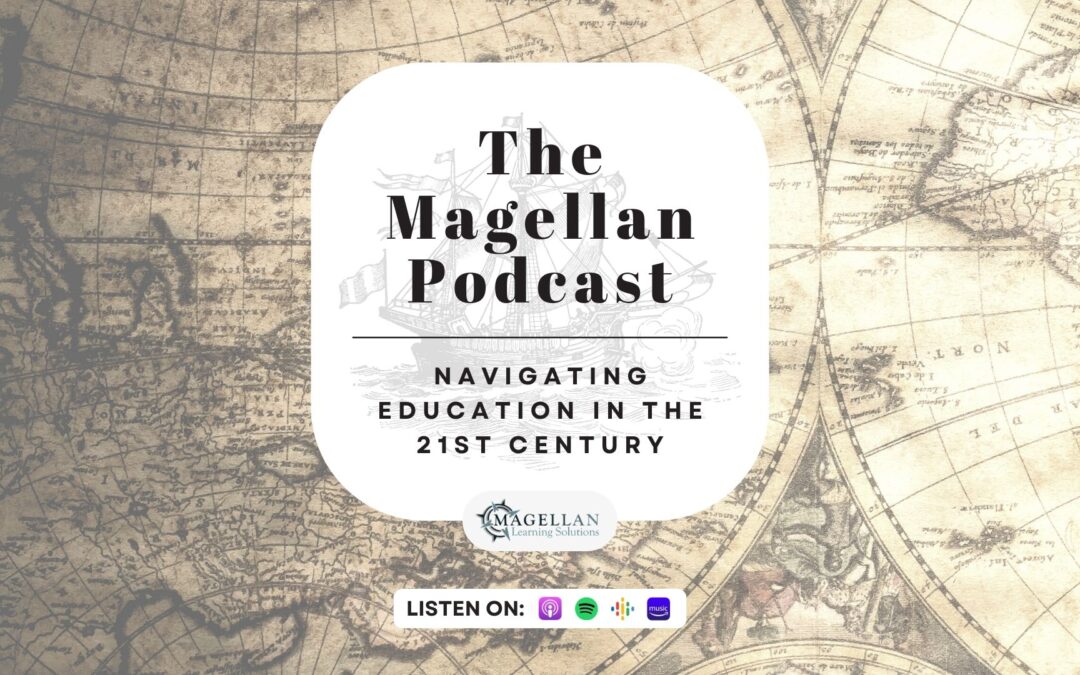Colleges cannot escape the fact that they are businesses: they offer a “product” that they need to “sell” to consumers. Of course, education and students are not “products” and “consumers” in the same way that people shopping at the grocery store are! So what’s at stake in embracing or questioning the idea that higher education is a marketplace?
This is part 5 of a 5-part series on “How to Talk About Higher Education.” Parts 1-4 covered Higher Ed as an “ecosystem,” “culture,” “machine,” and “institution.” This is the final episode of this series.
Listen on Apple Podcasts: https://apple.co/3SVZe7F
Listen on Spotify: https://spoti.fi/49OmIm4
- Read the White Paper on this topic by Dr. Emily W. Heady, ”Talking about Leadership: How the Words We Use Shape Our Workplace.”
- Listen to our podcast on Online Learning Ecosystems
- Listen to Part 1: How to Talk About Higher Education
- Listen to Part 2: Higher Education as a Culture
- Listen to Part 3: Higher Education as a Machine
- Listen to Part 4: Higher Education as an Institution
Podcast Topics, Questions, and Show Notes:
1. In what ways is higher education a marketplace?
- Admissions/competitive degree programs
- Students are “voting with their feet” as they select what school brings the best experience, value, investment potential, etc.
2. What are the downsides of thinking of higher ed as a marketplace?
- Marketplaces assume that selves are defined by their relationships to commodities; if university education is a commodity, it can be used to define the self—which may be a bit ambitious.
- Once you’re in a branded world, it’s hard to get outside it—how do you truly represent what the student experience will be like? And how, once you’ve embraced branding, do you access the real things that education aims to tackle, like critical thinking, deep beliefs, etc.?
- What can a leader do to keep campuses from losing their moorings in the midst of the marketplace?
If you or your school is looking for help with RSI, curriculum or course development, operational services, training, or professional development, think Magellan; our team would love to help. Reach out to us at thinkmagellan.com. Thank you for joining us on the Magellan Podcast: Navigating Education in the 21st Century.
Recommended Articles and Books on this Topic:
- Bowles, K. (2022, March 28). A pocket primer: Types of higher education institutions. Inside Higher Ed. https://www.insidehighered.com/blogs/just-explain-it-me/pocket-primer-types-higher-education-institutions Petriglieri, G. (2023, April 24). Driving organizational change—Without abandoning tradition. Harvard Business Review. https://hbr.org/2023/04/driving-organizational-change-without-abandoning-tradition?utm_campaign=hbr&utm_medium=social&utm_source=twitter
- Rosowsky, D. & Hallman, K. (2020, May 25). Communicating culture in a distributed world. Inside Higher Ed. https://www.insidehighered.com/views/2020/05/26/importance-culture-binding-higher-ed-institution-together-during-crises-pandemic
- Rutter, M. & Mintz, S. (2019, January 17). Creating a more collaborative higher education ecosystem. Inside Higher Ed. https://www.insidehighered.com/blogs/higher-ed-gamma/creating-more-collaborative-higher-education-ecosystem
- Schein, E., & Schein, P. (2016). Organization culture and leadership. 5th Ed. Wiley.
- Senge, P. (1990). The fifth discipline: The art and practice of the learning organization. Doubleday.

